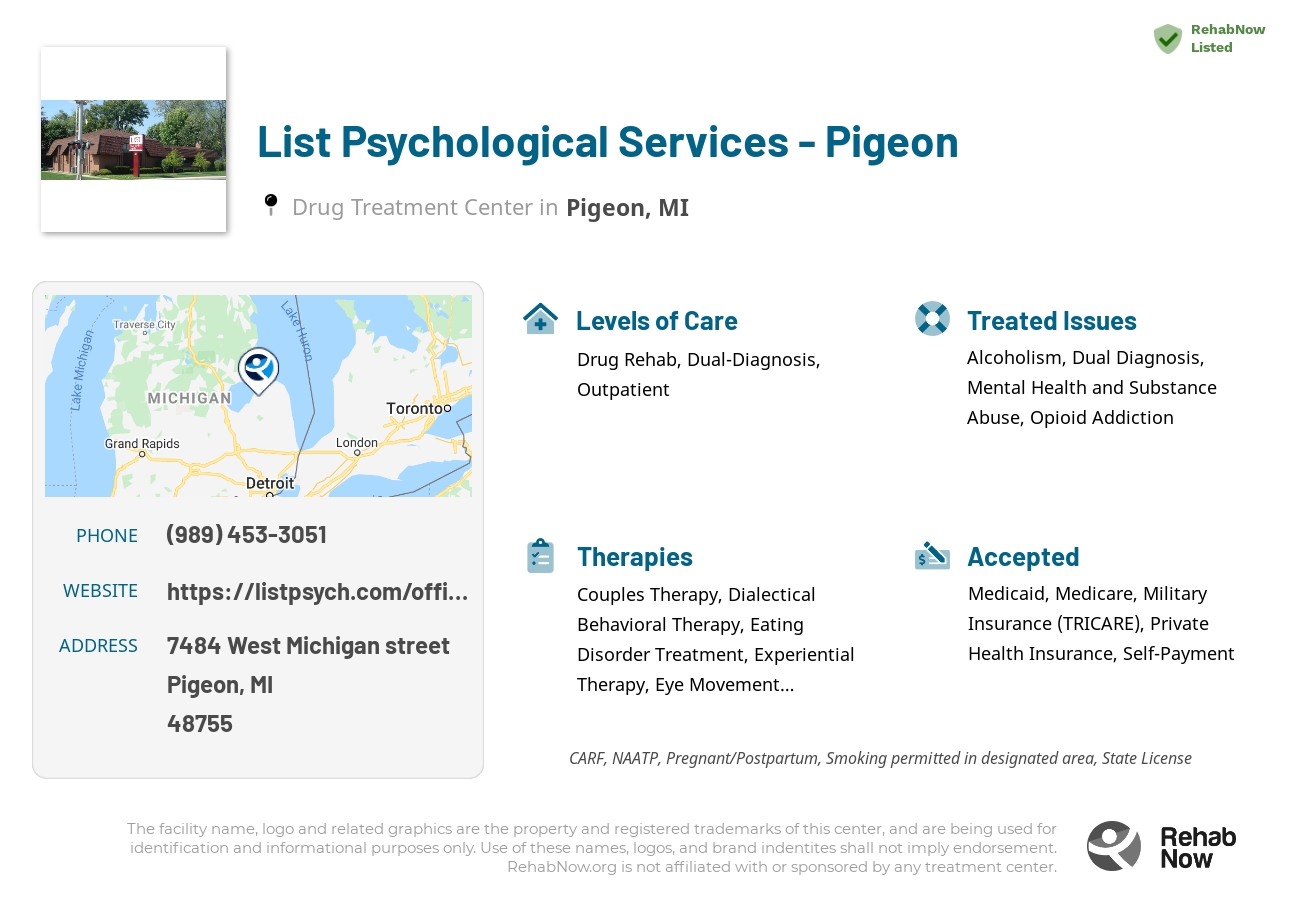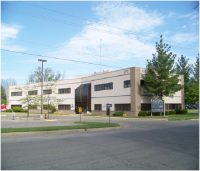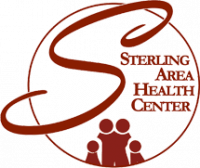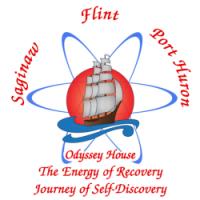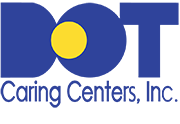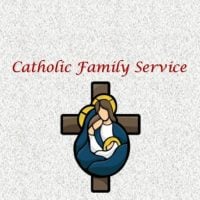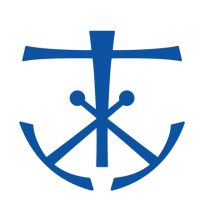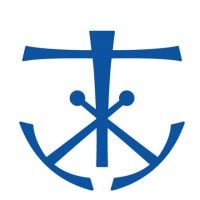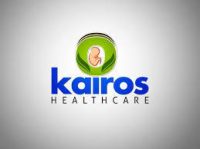List Psychological Services - Pigeon
Drug Rehab Center in Pigeon, Michigan
List Psychological Services - Pigeon is an outpatient addiction and substance abuse treatment center in Michigan that offers evidence-based therapies, specialized services, referral services, and trauma-informed care to empower individuals to overcome the impacts of addiction.
About This Michigan Facility
List Psychological Services - Pigeonis an outpatient treatment center located in Pigeon, Michigan that is dedicated to helping individuals suffering from addiction and substance abuse. List Psychological Services - Pigeon is driven to provide the highest level of patient care and to provide a wide range of therapies in order to empower and improve the lives of their patient’s. They offer a variety of therapeutic sessions and activities designed to help individuals overcome the physical, emotional, and social impacts of their addiction.
At List Psychological Services - Pigeon they offer evidence-based treatments and therapies such as individual counseling, group therapy, family therapy, and skills group in order to provide a holistic approach to treating substance use disorders. They also provide specialized services such as relapse prevention, anger management, stress management, and motivational interviewing. In addition, they offer referral services for additional treatment such as detox, residential treatment, and medication-assisted treatment programs.
In addition to their treatment services, List Psychological Services - Pigeon has the experience and accreditation of the Joint Commission, which signifies a high level of quality and care. They also emphasize continuity of care with each patient by working closely with any community-based resources, such as Alcoholics Anonymous, Narcotics Anonymous, and local doctors. They also accept most major health insurance providers and are part of the Michigan Pathways Program. Finally, List Psychological Services - Pigeon is dedicated to providing trauma-informed care for all of their patients, through trauma-focused treatment sessions, individualized service plans, and a caring staff.
Genders
Ages
Modality
Additional
Conditions and Issues Treated
Many people who struggle with opioid addiction need to attend specific programs like methadone , Suboxone or Vivitrol clinics.
These types of programs will provide the patient with legal, prescription medications that can help them overcome their cravings for illegal opioids like heroin or fentanyl . If the patient has a chronic condition like Hepatitis C, they must undergo treatment before they can begin taking these medications.
Dual Diagnosis refers to someone who is both dealing with addiction and another mental health issue.
There are different kinds of Dual Diagnosis: A person who simultaneously experiences both a mental illness and an addiction disorder. Or, a person who experiences one or more coexisting (simultaneous) mental health conditions in addition to a primary substance use disorder.
Some conditions that commonly co-occur with addiction include:
- Personality Disorders (Borderline, Narcissistic)
- Mood Disorders (Bipolar Disorder, Depression, Anxiety Disorder)
- PTSD (Post Traumatic Stress Disorder), OCD (Obsessive Compulsive Disorder), ADHD (Attention Deficit Hyperactivity Disorder)
- Schizophrenia, Psychosis, Hallucinations, Delusions
Levels of Care Offered at List Psychological Services - Pigeon
This center offers a variety of custom treatment tailored to individual recovery. Currently available are Drug Rehab, Dual-Diagnosis, Outpatient, with additional therapies available as listed below.
Outpatient treatment programs provide drug and alcohol addiction treatment through individual sessions with a counselor, group therapy, 12-step meetings, and other activities to help individuals gain sober living skills. Most programs are designed for those individuals who have completed a medically supervised detoxification program and provide opportunities for clients to begin the process of early recovery.
Outpatient programs also offer a level of medical support as needed and psychological backing through therapy. Clients are encouraged to live at home, though there may be some flexibility regarding this requirement based on the circumstances and needs of each patient.
Outpatient treatment is perhaps the most common type of dual diagnosis program available. It does not pose a significant financial burden on patients. However, it is essential to note that outpatient treatment does not provide the support and supervision given in residential programs. Some addicts may need this level of support to maintain their sobriety.
Therapies & Programs
Therapy sessions focused on the individual addict can provide much-needed guidance as they work toward overcoming their addiction. These types of sessions typically involve guidance from a therapist, who will help addicts identify and process their feelings and cravings.
During these sessions, addicts may develop plans for coping with the triggers that typically lead to relapse and learn how to avoid those triggers during their recovery process.
If you are looking for drug recovery, couples therapy can be a great option. This type of therapy can help rebuild trust and joy in relationships that may have been damaged by addiction. It can also help reduce the dysfunctional behavior in a relationship that may trigger addiction. A patient’s partner will be involved in the process. They can also benefit from therapy, especially if they are trying to live with an addict.
The main goal of family therapy for drug addiction is to create an environment where communication can occur without judgment, hostility, or blame that often occurs within a family.
Family therapy is a type of group problem-solving that aims to improve communication and relationships between the patient, their family, and sometimes friends. The therapist is with the family as they learn to communicate with each other differently, especially with the addict when s/he is using.
The family can learn to reduce their enabling behavior or rally together and support each other during tough times. The patient also learns how to deal with their addiction and maintain sobriety while interacting with the family.
Different types of addiction treatment services are available. Within this article, group therapy is of interest due to its high success rate compared to individual therapy. Group therapy settings are beneficial because they allow recovering addicts to build a strong support network.
Benefits of group therapy are:
- Reduces feelings of isolation
- Immediate access to social support in the form of fellow addicts in recovery
- Lowers risk of relapse
- Increases rate of sobriety
- Builds coping skills that can be applied to everyday life
Trauma Therapy is a form of therapy that involves working with a patient to help them process and understand the past trauma(s) in their life. The idea behind it is that while some people can experience traumatic events and not have lasting psychiatric symptoms, many others will. In these cases, memories of the event get hidden from consciousness but continue to influence how the person processes and copes with things in their life. They may avoid situations that resemble what happened or become suddenly angry or irritated to a situation that reminds them of a past event.
With the help of a therapist, people can go back over memories and experiences. This helps them understand why they are having problems coping with certain situations and how they can change how they think and react to things. This therapy is typically done using techniques such as visualization, discussion, and writing down thoughts and feelings.
Trauma therapists will work with clients to help them understand their past and present relationships. Many times, patients may believe that something is inherently wrong with them or that they are unworthy of love. A therapist aims to correct these negative feelings and behaviors by helping the person realize that their actions do not reflect who they truly are.
One of the main goals of trauma therapy is to help clients express their emotions and talk about what they are feeling. This benefits both to increase awareness of how certain events have impacted them in the past and enables patients to realize that they can make changes in their lives.
Dialectical Behavior Therapy is a cognitive-behavioral therapy that helps addicts balance their thoughts and emotions to change their behavior. It was designed for those vulnerable to self-harm and suicidal thoughts and aims to help patients understand the connection between their feelings, emotions, and behaviors. It is effective for those whose addictions and behaviors stem from severe mental health issues.
Cognitive Behavioral Therapy (CBT) is used by drug treatment centers to help addicts comprehend the causes of their substance abuse and the consequences that follow. Through CBT, clients learn to recognize and avoid high-risk situations and cope with challenging situations when they arise.
CBT treatment often includes a combination of individual therapy, group therapy, lectures, and other activities. The treatment’s goal is to help addicts gain self-control and maintain abstinence from drugs and alcohol over the long term so that an addict can get sober and lead a more productive life.
CBT is particularly effective in helping people overcome their drug problems, especially people whose drug abuse is motivated by self-defeating beliefs and emotions.
Eye movement desensitization and reprocessing, shortened to EMDR, helps patients with past events. The short treatment offered at the List Psychological Services - Pigeon in can reduce their levels of anxiety while making it easier for them to overcome old traumas. This method also boosts healing which calms many down, allowing one to feel more in control when fighting addiction. EMDR is a therapeutic method used by therapists that provides stimulus to people recounting traumatizing events such as hand tapping or moving visual stimuli they follow while telling about what has happened so far until now.
Patient Experience
Creative Arts
Creative Arts Therapy (CAT) is a form of art therapy that uses creative activities such as music, painting, drama, and writing to help patients explore their feelings. It can help people struggling with addiction or mental illness access their inner voices and discover their unique potential. It is particularly effective with people who may not respond to other forms of therapy or lack the motivation to take part in more traditional forms of counseling.
Experiential Therapy at List Psychological Services - Pigeon
Experiential therapy is a form of psychotherapy where patients are asked to engage in activities such as role-play, poetry writing, music composition, exercising, or journaling to help process intense feelings. The aim of the therapy is to help patients access deeper, often hidden emotions by helping them explore their own body and mind.
Payment Options Accepted
For specific insurance or payment methods please contact us.
Is your insurance accepted?
Ask an expert, call (888) 674-0062
List Psychological Services Associated Centers
Discover treatment facilities under the same provider.
- List Psychological Services - Caro in Caro, MI
- List Psychological Services - Bay City in Bay City, MI
- List Psychological Services - Caro Specality Clinic in Caro, MI
- List Psychological Services - Lapeer in Lapeer, MI
- List Psychological Services - Lapeer in Lapeer, MI
Learn More About List Psychological Services Centers
Additional Details
Specifics, location, and helpful extra information.
Pigeon, Michigan 48755 Phone Number(989) 453-3051 Meta DetailsUpdated November 25, 2023
Staff Verified
Patient Reviews
There are no reviews yet. Be the first one to write one.
Pigeon, Michigan Addiction Information
Michigan has the second-highest rate of drug and alcohol abuse in the nation. Heroin is linked to more than 50% of the state's hepatitis C cases. Marijuana is the drug most often associated with crimes in Michigan, followed by methamphetamines. Opioids alone are responsible for almost 20% of all drug overdose deaths in Michigan.
Treatment in Nearby Cities
- Dearborn Heights, MI (103.3 mi.)
- Saint Ignace, MI (158.4 mi.)
- Fraser, MI (90.8 mi.)
- Harper Woods, MI (98.3 mi.)
- Lincoln, MI (59.5 mi.)
Centers near List Psychological Services - Pigeon
The facility name, logo and brand are the property and registered trademarks of List Psychological Services - Pigeon, and are being used for identification and informational purposes only. Use of these names, logos and brands shall not imply endorsement. RehabNow.org is not affiliated with or sponsored by List Psychological Services - Pigeon.


